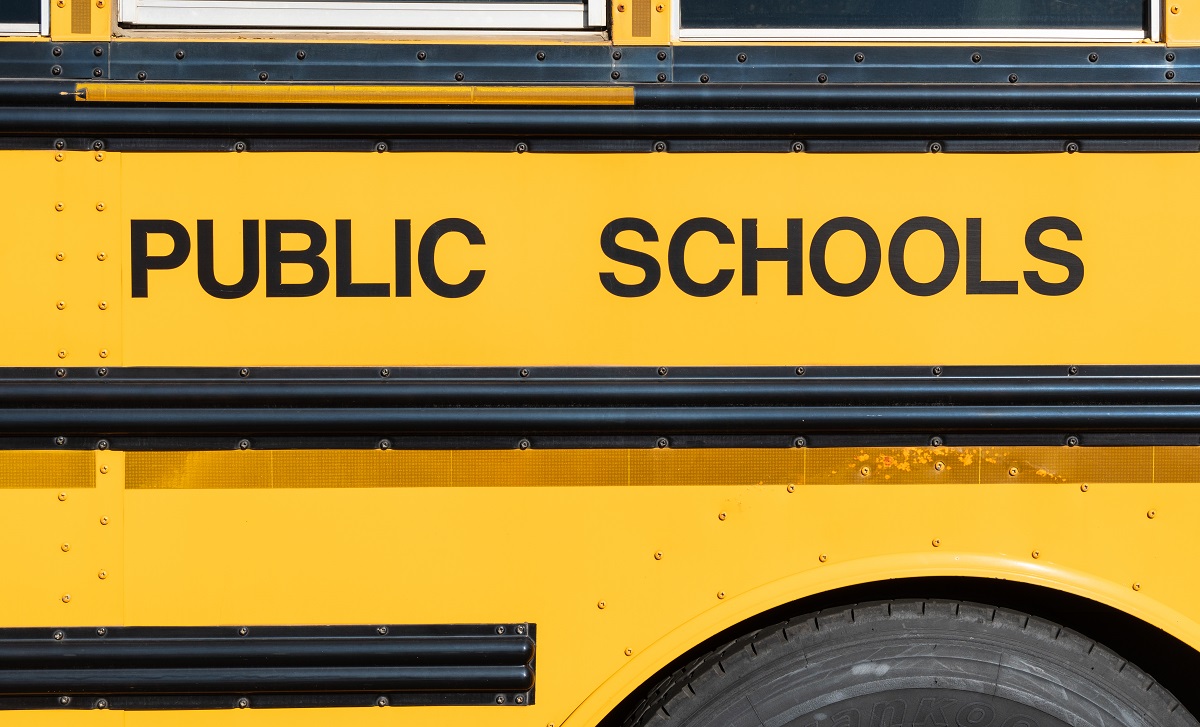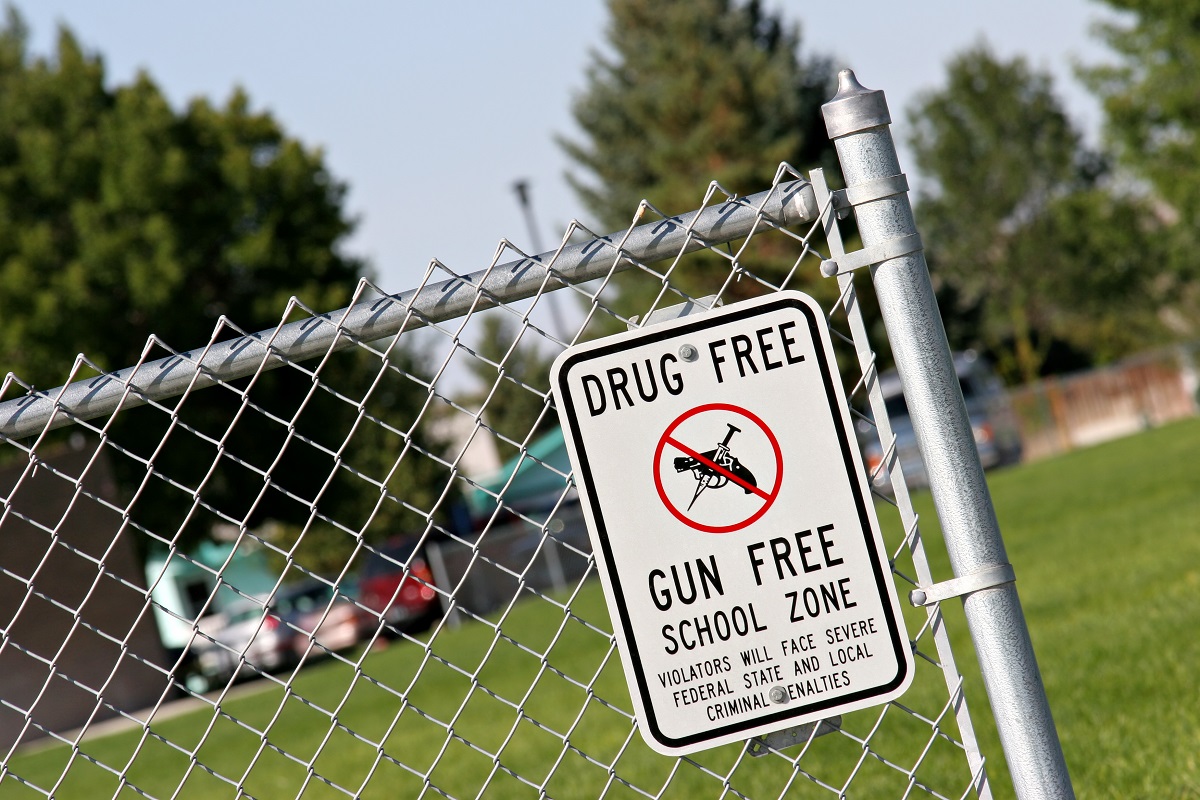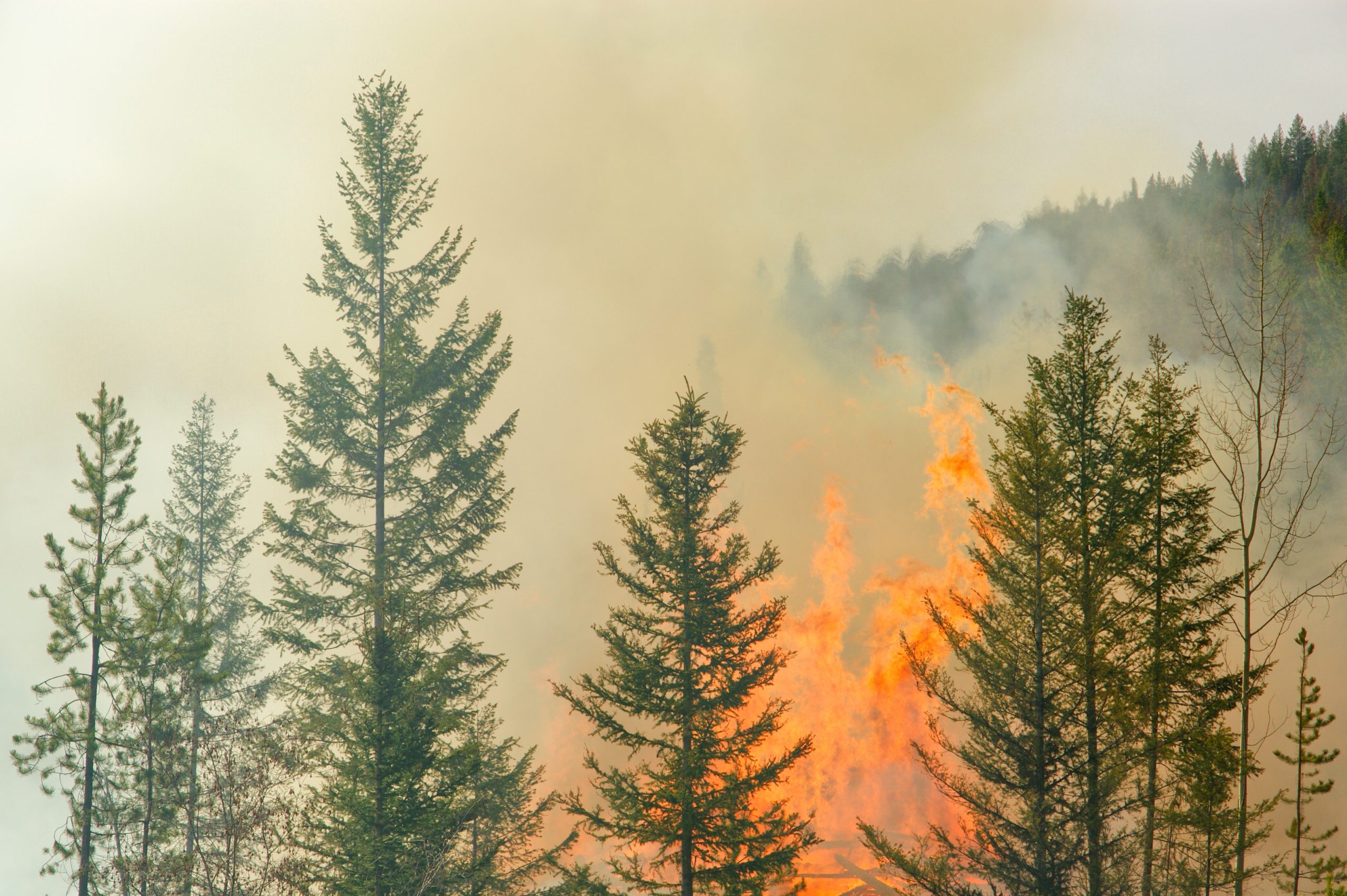The California Department of Education on Aug. 23 hosted a roundtable discussion, Education to End Hate: Countering Antisemitism, with influential community and legislative leaders who are working to counter the current rise in antisemitism and hate-related crimes. According to the Federal Bureau of Investigation, while Jewish people account for just 2 percent of the U.S. population, they were the victims of 63 percent of religiously motivated hate crimes in 2021, the most recent year for which data is available.
A May 2023 report from the Antidefamation League found that antisemitic harassment, vandalism and assault in California rose by almost 40 percent between 2021 and 2022. Those numbers include the largest number of incidents ever recorded in Los Angeles County and three times the largest number of previous incidents in San Bernardino and Kern counties. –
Members of the Jewish Legislative Caucus opened the discussion, citing the role of education as key in the fight against antisemitism and all hate and bigotry. “We are at significant risk of seeing continued antisemitism in our public education system if we don’t take clear and tangible steps to nip it in the bud,” said. Sen. Scott Weiner (D-San Francisco).
Caucus members discussed their objections to language and ideas related to Jewish people and Israel used in the original draft of the Ethnic Studies Model Curriculum, which was rejected and rewritten to address issues such as this — among others.
Assemblymember Laura Friedman (D-Burbank) cited the importance of identifying the different forms that antisemitism can take. “The discussions around the ethnic studies original curriculum that had the concerning pieces that were seen as being antisemitic gave our caucus a chance to use that as a teachable moment with many of our colleagues,” she said. “My experience is that there’s not always a lot of awareness as to what antisemitism looks like, or even about the historic narratives that are used against Jews — for instance, Jews as colonizers, Jews as oppressors — and the way that genuine discussions about political issues can tip over into that kind of antisemitism and demonization.”
The need for action now
A panel of community leaders followed legislators to discuss the issues, including Rabbi Meyer May, executive director of the Simon Wiesenthal Center and Museums of Tolerance; Anita Friedman, executive director of Jewish Family and Children’s Services of San Francisco, the Peninsula, and Marin and Sonoma Counties; and Sarah Levin, executive director of Jews Indigenous to the Middle East and North Africa (JIMENA).
Friedman shared her own personal story of the horrors her family faced as Jews in Poland during the Holocaust. The majority of her family, including her two siblings, were killed before her father fled to America, where she was born. “What did that teach me? It taught me the importance of building a society that values all its members and that protects and takes care of all its members. When we see the kind of antisemitism that we’re seeing right now, we know that it’s a sign of deterioration of our society — and that affects all of us.”
Friedman shared a story of how earlier in the week, she had been contacted by a school where people broke into the gym and spraypainted hate phrases against Jews and African Americans. One of the teachers at the school shared that some students and faculty are afraid of publicly identifying they are Jewish.
“It’s extremely important we learn to identify the forms that antisemitism takes,” Friedman said. “The kind of dynamic we’re concerned about seeing now — going from ‘different’ to discriminated against to being delegitimized and dehumanized — and it can ultimately result in death. That’s why it is so important to be taking action now.”
Levin’s organization, JIMENA, was created by former Jewish refugees from the Middle East and North Africa, and emphasizes the diversity of Jewish heritage. Traditional historical narratives of the Middle East portrays Israel as a white, European colonial outpost and ignores the fact that over half of Israel’s Jewish population descend from Mizrahi and Sephardic Jewish refugees from Middle Eastern and North African countries who fled Antisemitic persecution in the 20th century, according to the JIMENA website.
“We’re a diverse people, we have varying degrees of melanin, we speak a range of languages, we’ve survived displacement, genocides, various waves of immigration, and we’re also economically diverse,” Levin said.
Rabbi May discussed the many cultural, religious and community aspects of Judaism, and emphasized the importance of Holocaust education. “You can understand from the Holocaust how deviant society can get; how absurd; how obscene. You have to know how it can go in order not to go there,” he said.
May spoke about empowering students and giving them specific tools to fight antisemitism and other forms of hate. He referenced the Combat Hate Action Plan, which provides specific actions and strategies for students and teachers. Teacher preparation is another area of real concern to May, who has fielded outlandish questions from teachers visiting the Museum of Tolerance.
One step toward this more thorough teacher preparation is the state-funded California Teachers Collaborative for Holocaust and Genocide Education, a statewide network unites California’s 14 leading institutions for Holocaust and genocide education as well as community leaders from ethnic groups across the state. By 2027, the collaborative aims to train 8,500 teachers through professional development workshops and institutes, create new, standards-aligned lessons on the Holocaust and genocide for students in grades 6-12, to empower and unify educators in teaching the lessons of history and about what happens when bias goes unchecked, and to combat rising antisemitism and hate by creating more respectful and empathetic next generations. The collaborative is also working in close partnership with the Governor’s Council for Holocaust and Genocide Education in a statewide effort to elevate such education for the benefit of all of California’s children and our society as a whole.
A full recording of the webinar can be viewed on the CDE Facebook page.
Resources
The U.S. National Strategy to Counter Antisemitism: bit.ly/3YW1i24
Museum of Tolerance: www.museumoftolerance.com





